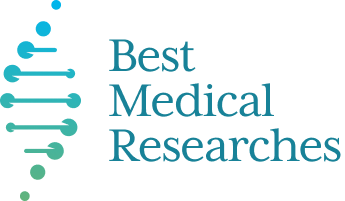The article elaborates on a study that raises a warning about the increased consumption of alcohol during the pandemic. The research unveiled the significant rise in alcohol intake among individuals as they grapple with the challenges posed by the ongoing global health crisis. The study indicates a surge in alcohol-related problems, highlighting the need for increased awareness and interventions to address this issue.
Amid the uncertainties and stress caused by the pandemic, many individuals have turned to alcohol as a coping mechanism. The convenience of accessing alcohol coupled with the emotional turmoil experienced during the crisis has led to a spike in consumption. This surge has been observed across different age groups and demographics, signifying the widespread impact of the pandemic on mental health and well-being.
The implications of increased alcohol consumption during the pandemic are far-reaching. Excessive drinking can exacerbate existing health conditions and lead to new problems such as alcohol dependence and addiction. Moreover, alcohol misuse can impair judgment and decision-making, potentially increasing the risk of accidents and risky behaviors. The study underscores the urgent need for interventions to address the escalating trend of pandemic drinking.
Efforts to curb pandemic drinking should include raising awareness about the risks associated with excessive alcohol consumption. Education campaigns highlighting the negative consequences of heavy drinking on physical and mental health can help individuals make informed choices about their alcohol intake. Additionally, providing access to mental health support services and resources can offer alternative coping mechanisms to manage stress and anxiety effectively.
Healthcare professionals play a crucial role in identifying and addressing alcohol-related issues among their patients. Screening for alcohol misuse during medical consultations can help detect problematic drinking behaviors early on and facilitate timely interventions. By incorporating alcohol screening and brief interventions into routine healthcare practices, healthcare providers can support individuals in making healthier choices regarding their alcohol consumption.
Community-based initiatives and support networks can also contribute to reducing pandemic drinking and promoting mental well-being. Establishing virtual support groups and helplines can provide individuals with a safe space to seek assistance and connect with others facing similar challenges. Peer support and encouragement can play a pivotal role in helping individuals navigate their alcohol consumption during these challenging times.
In conclusion, the study’s warning about pandemic drinking underscores the need for proactive measures to address the escalating trend of increased alcohol consumption amid the ongoing global health crisis. By raising awareness, providing access to mental health support services, integrating alcohol screening into healthcare practices, and fostering community-based initiatives, we can mitigate the risks associated with excessive drinking and promote overall well-being during these unprecedented times.

